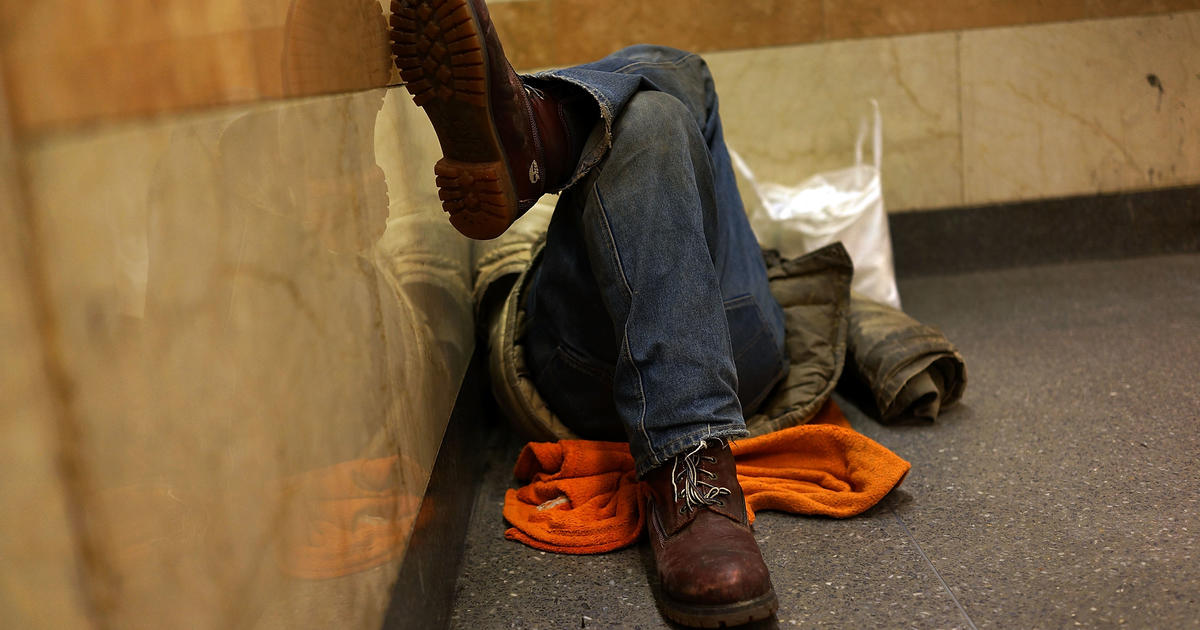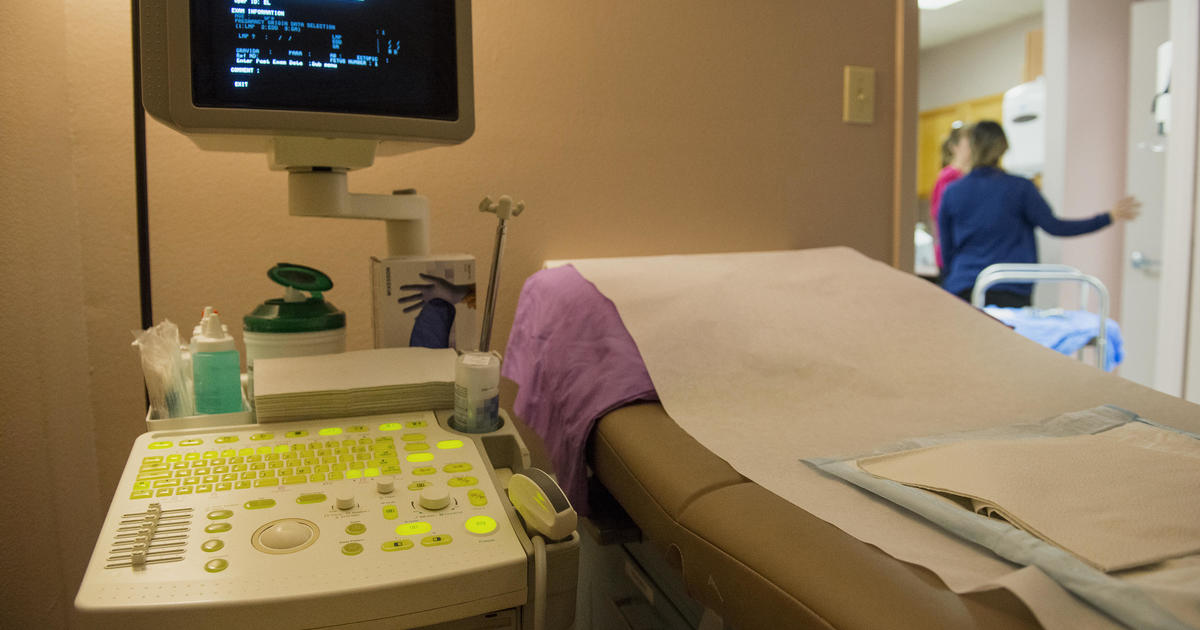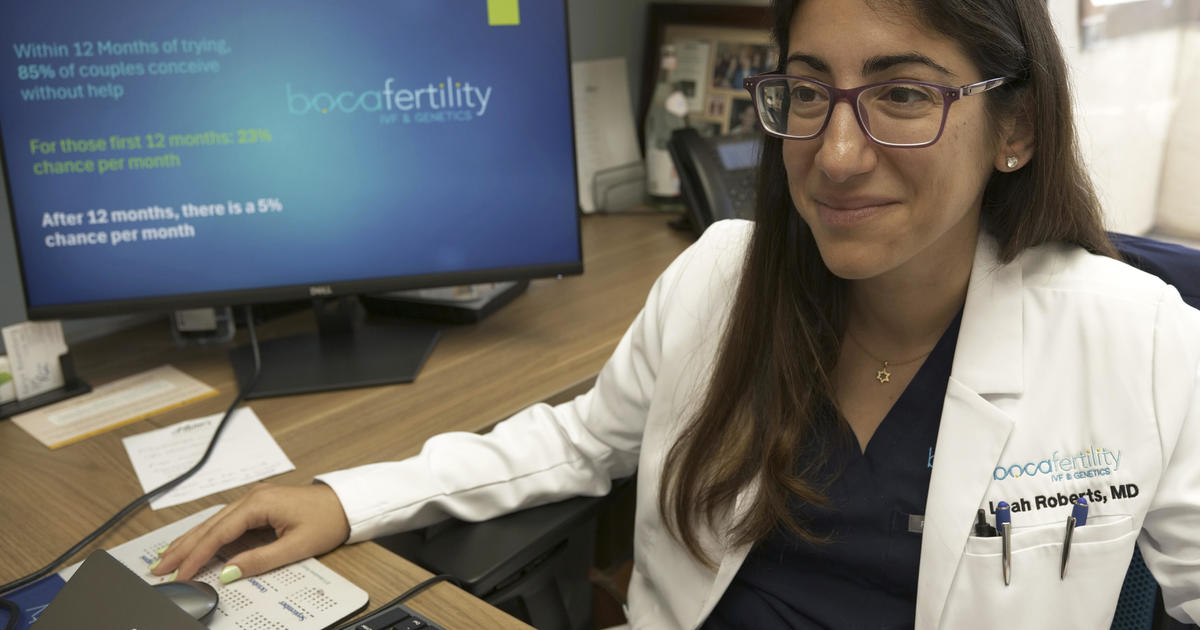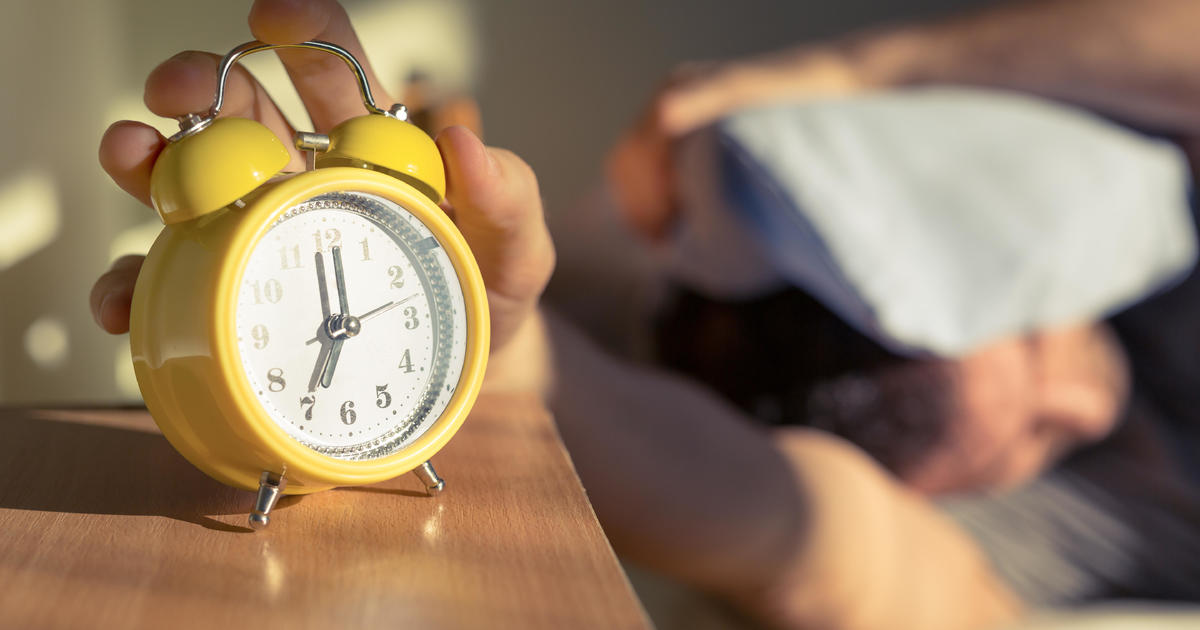Social media not the best source for anxiety information and help, FIU study says
MIAMI — A new study from Florida International University suggests that the more frequently people looked for information about anxiety on social media, the less knowledgeable they became about it and may also be unable to tell the difference between good and bad anxiety management strategies.
The research, led by FIU Center for Children and Families (CCF) professor Jeremy Pettit and Ph.D. student Rebecca Wolenski, found that only 18% of young adults (18-28) reported that most of the accounts associated with anxiety information they followed were run by health professionals. The study concluded that young adults are often seeking and finding information from uninformed sources, resulting in misinformation about how to deal with anxiety.
The research team surveyed 250 young adults between 18 and 28 years old about where they find information about anxiety, how much they know about the mental health issue and what strategies they use to cope with it. They also asked about their current and past experiences with anxiety.
According to the study, social media as a source was associated with lower knowledge about anxiety, which meant the more frequently people used social media to find answers, the less knowledgeable they become.
"We speculate people are accessing inaccurate information about anxiety on social media, resulting in low knowledge," the study stated.
As social media contains vast amounts of information, identifying which information is credible can be challenging. The study's data indicated that young adults may not be able to identify the difference between reputable sources (i.e. mental health professionals) and unreputable sources (i.e. celebrities).
"This suggests young adults are often seeking and receiving information about anxiety from uninformed sources, which could result in misinformation about how to deal with anxiety," the study stated.
The study called for greater visibility of mental health professionals on social.
"The demand for information exists," the study stated. "That demand is largely being met by people who lack adequate expertise."
The study also found that people who used social media as a source were more likely to use both adaptive and maladaptive coping strategies.
Adaptive strategies, such as seeking support or positive reframing, can reduce anxiety. However, maladaptive strategies like avoidance or escaping anxious thoughts and feelings may prolong or even increase anxiety, the study stated.
"From our findings, it seems people are trying multiple strategies to manage their anxiety based on what they find on social media," the study stated. "Some of these strategies are helpful. Others are not. Again, this suggests social media users may be unable to discriminate good versus bad strategies for managing anxiety."
All digital platforms provide almost unlimited information and because of this, consumers need to be careful about where to look for mental health information, the study stated.
"Our findings suggest people are more likely to find accurate information on the internet than social media, but even on the internet there is tremendous variability in quality of information," the study stated.
What is clear is that the study showed there is a strong interest in the topic of mental health among young adults.
"To truly benefit those suffering with anxiety, health professionals both making and promoting social media accounts with evidence-based information might improve the spread of accurate information," the study stated.
The study also stated that people who have questions about anxiety and other mental health issues would be better served by consulting websites such as the American Psychological Association, American Psychiatric Association and National Institute of Mental Health.




